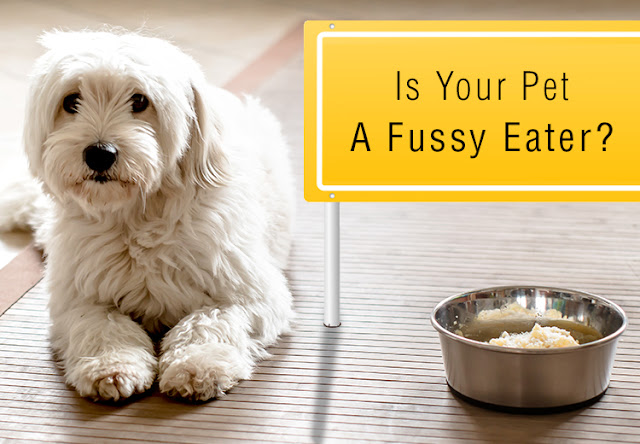Facts and Causes of Your Dog’s Abnormal Behavior
Sometimes your dog displays bad behavior in spite of undergoing training. You may find them perform one or two of the following behaviors such as puppy biting, dog biting, aggression, excessive barking, digging, eating poop, chewing and jumping. Certain behaviors such as submissive urination, separation anxiety and extreme shyness also fall in this abnormal category.
What are some of the causes of abnormal behavior?
The most common factors causing abnormal behavior are
- Overexcitement
- Lack of reinforcement
- Lack of training
- Genetic susceptibility
Let us have a small brief on each of these causes.
Overexcitement
Ringing of a telephone, sound of doorbell, starting a music system or sudden thrash and other situations can trigger dog’s nerves resulting in abnormal dog behavior. During such situations, it is better to provide your pooch an escape plan, which can help to curb the behavior. It can be anything from a dog toy, a gentle pat or a canine treat.
Lack of reinforcement
When dogs in their early stages lack guidance from owners or are not trained, they take it that it is ok to behave in that manner. New owners and inexperienced owners have the common norm that whatever the puppy do or act is awesome and cute. Whether they are nibbling, chewing shoes, jumping on people, everything seems cute, but as the puppy grows to an adult dog, all these activities can become disgusting and sometimes even dangerous for both the owner and the dog.
Lack of training
Most pet parents think that their dogs do not want any training as either they are overprotected towards their pet or lack interest. There are also some of them who are not able to afford dog trainer. Dogs with no training form bad habits easily and it becomes quite difficult to break their habits. In order to prevent your dog from developing such behaviors, the best deal is to enroll him in some training classes or hire a trainer.
These are most common causes of abnormal dog behavior. Find of which of these causes are responsible for your dog’s aggressive behavior.



Comments
Post a Comment